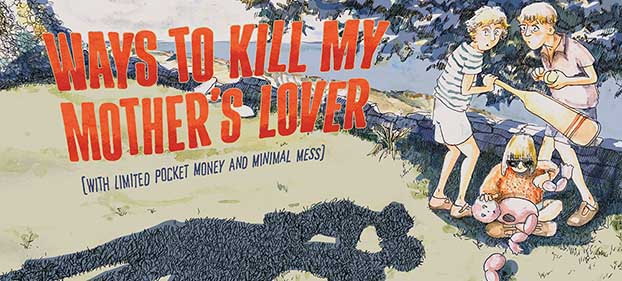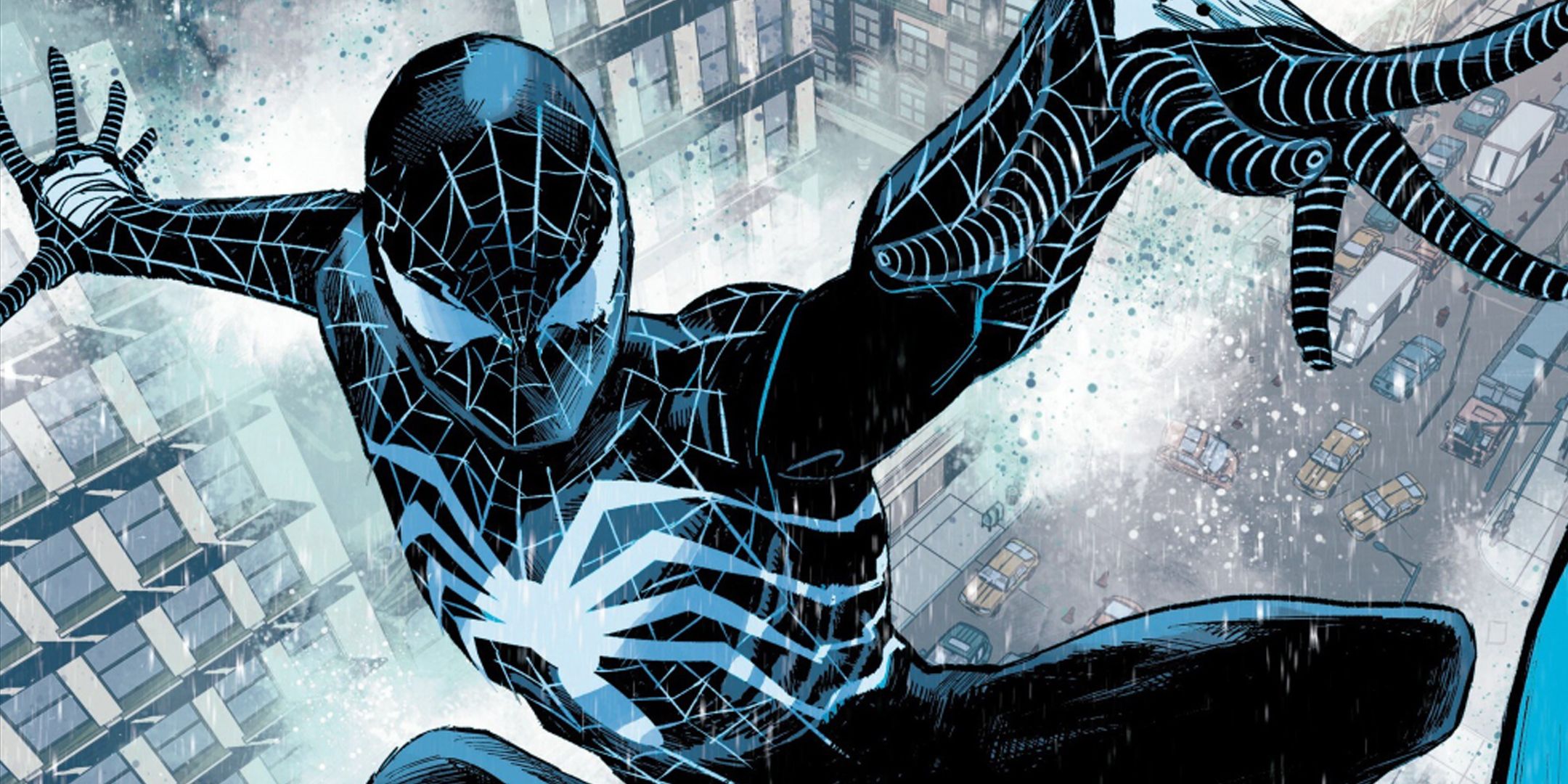Disney’s new live-action Lilo & Stitch remake is making headlines, but not all of them are positive. The film, which reimagines the beloved 2002 animated classic, has left fans upset after changing the story’s emotional ending—one that many say was the heart of the original.
In the original animated film, the story ends with Lilo and her older sister Nani overcoming social services’ threats to separate them. Together with Stitch, the alien-turned-family-member, they form an untraditional but loving family, honoring the movie’s famous theme: “Ohana means family. Family means nobody gets left behind or forgotten.”
But in the new live-action version, things play out differently. Instead of Nani keeping custody of Lilo, she decides to leave her little sister with close family friends so she can attend college. This choice splits up the sisters—not because of outside forces, but because of Nani’s decision. While the film tries to show Nani following her dreams, many fans feel this move undermines the story’s core message about sticking together, no matter what.
The change has not gone unnoticed. On X, user Valliant Renegade criticized Disney as “creative retards,” saying that they “wrecked” the live action remake with this ending, a sentiment echoed by thousands of replies and posts. Fans argue that the new ending “destroyed the meaning” of the story, with many saying it no longer feels like the Lilo & Stitch they grew up loving. As one viral post put it: “Disney just doesn’t get what made the original special.”
This isn’t the first time Disney has faced backlash for altering the endings or messages of its live-action remakes. Recent films like The Little Mermaid and Snow White also changed key story elements, often to appeal to “modern audiences” by adjusting the narrative or giving characters new motivations, typically in service of “empowering” the female protagonist with feminist inclinations. While some critics appreciate the fresh takes, many longtime fans feel these updates come at the expense of what made the originals so meaningful and endearing.
Despite all the controversy, these remakes usually do well at the box office because normies aren’t following entertainment news, or scrolling on X. For example, Aladdin and The Lion King both made over $1 billion, even as critics and fans debated their creative choices. This shows a gap between fan sentiment and commercial success, with Disney betting that nostalgia and curiosity will keep audiences coming back.
The live-action Lilo & Stitch is already drawing big crowds in theaters, and Disney has hinted at the possibility of a sequel. But for many fans, the new ending is a tough pill to swallow. As the debate continues online, one thing is clear: the meaning of “ohana” is more important—and more debated—than ever before.
***




























 English (US) ·
English (US) ·